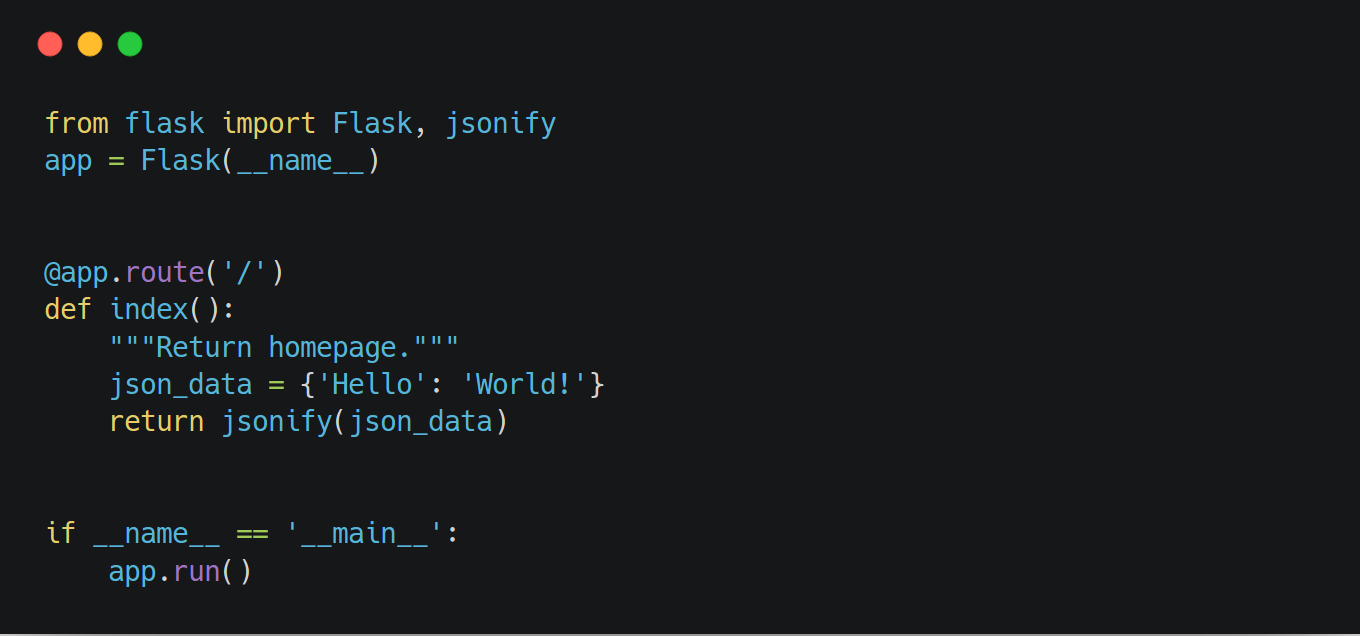
Monitoring Nginx with @sherlog/cli
Logs play a very important role throughout the entire life cycle of an application development as well as troubleshooting and replicating bugs on production that could lead to service interruption and harm our user’s experience. A few months ago, I went on a journey for finding a tool that will allow me to improve logs visibility and to take action as quickly as possible, and of course with a minimum amount of effort and server requirements....








